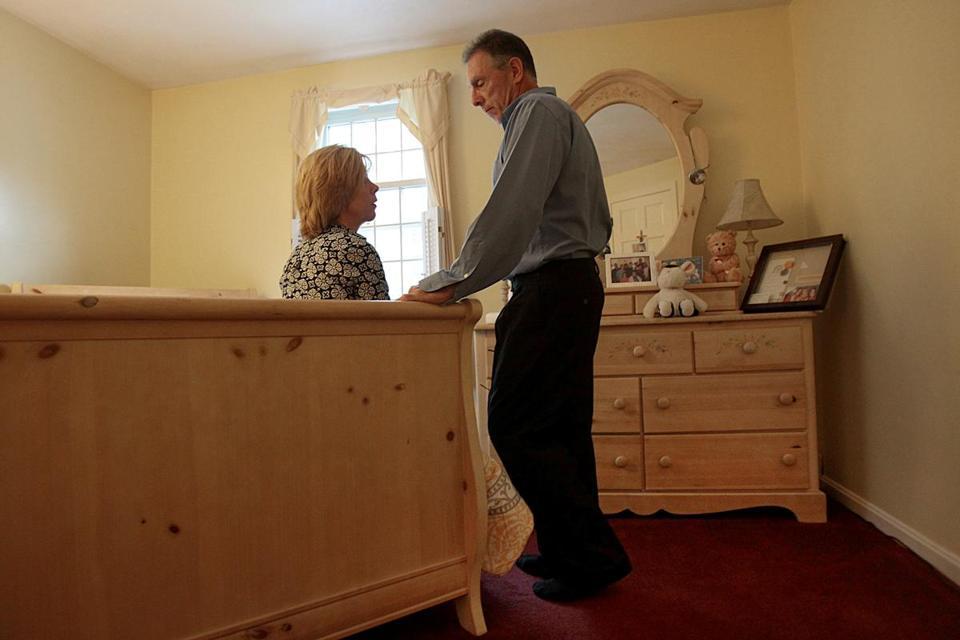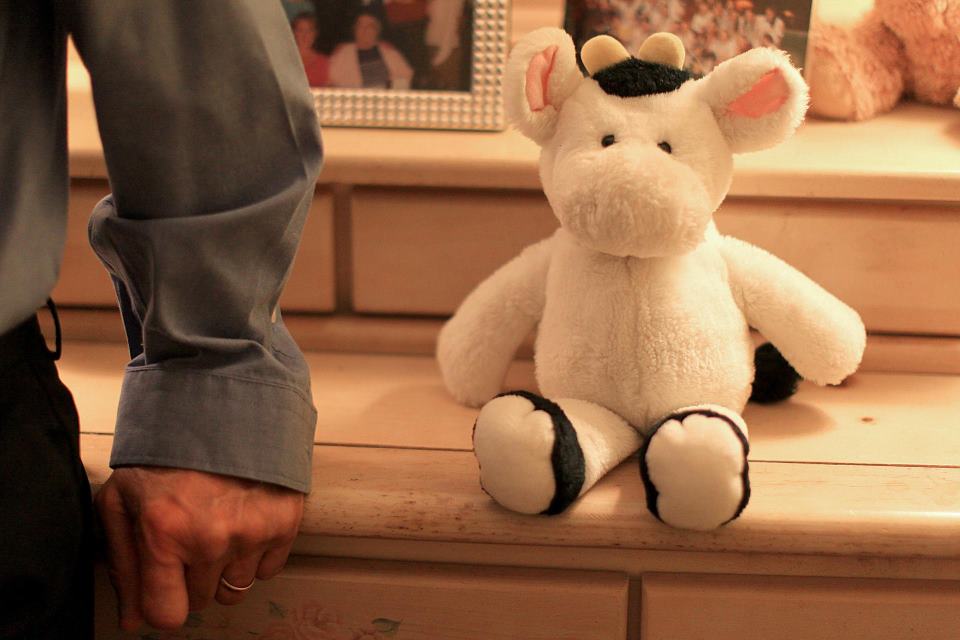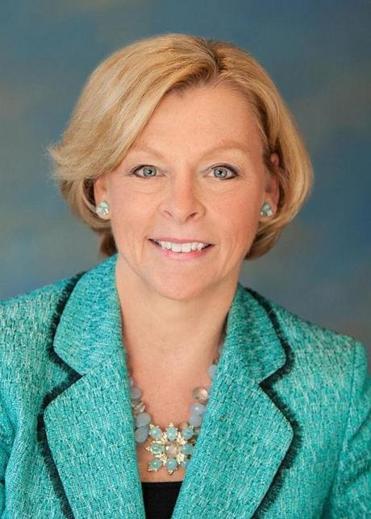Several states, including Connecticut, Maine, and Texas, have revised their age of consent laws over the years to bar teachers from having sex with students, regardless of their age.
But again and again, Massachusetts lawmakers have let similar bills languish even though the Dudley police chief said there has been no formal opposition.
“I am hopeful, after a dozen or so years, something will finally be done,” Wojnar said.
Even when sexual misconduct is clearly illegal, prosecutors and attorneys are often barred from pursuing legal action because victims miss the legal deadlines to come forward. In New York, for instance, prosecutors can’t charge abusers with some sex crimes committed against children after the victim turns 23. And student victims are often barred from suing schools in Rhode Island after they turn 21.
The limits have been an issue even in states with more generous statutes of limitations, such as Massachusetts, where criminal sexual abuse charges involving children can be brought up to 27 years after the fact — and even later if there’s corroborating evidence, such as video or DNA. Nonetheless, Middlesex County prosecutors determined they could not pursue allegations that Arthur P. Clarridge, the assistant headmaster of the Fessenden School in Newton, abused a former student in 1970 because too much time had elapsed. Prosecutors sent the alleged victim a letter in July noting the statute of limitations had expired.
“I was crushed,’’ said the former student, John Sweeney, of New London, Conn., who went to authorities only after the Globe recently chronicled multiple allegations of sexual abuse at Fessenden in the 1960s and 1970s, including his. “I wanted justice.’’
Statutes of limitation exist for a reason, of course: It can often be difficult for people to defend themselves against charges that are decades old. Memories fade over time. Witnesses die. Documents are no longer available.
But advocates say the restrictions often make it impossible to hold abusers accountable for their crimes and prevent them from abusing other children.
“Statutes of limitations bottle up information about who the perpetrators are and which institutions are covering up the incidents,” said Marci Hamilton, chief executive of Child USA, a think tank devoted to child protection that is affiliated with the University of Pennsylvania.
Some experts have also proposed increasing state licensing requirements for private school educators, so state regulators would have the legal authority to investigate complaints about sexual misconduct and discipline teachers even if they work in private schools. (Currently, most states do not require private school teachers to be licensed.)
In addition, some advocates have proposed strengthening laws requiring educators to report sexual misconduct to the state, such as increasing the penalties for flouting the law.
Finally, some state laws actually discourage schools from reporting problem teachers, as Pomfret School in Connecticut recently pointed out.
In September, Pomfret told alumni that a seven-month investigation found four teachers likely engaged in sexual misconduct with students, one in the early 1970s, two more in the 1980s, and a fourth after 2000. In some cases, the school acknowledged it gave the teachers recommendations to help them find new jobs. The letter did not name the teachers.
But a school spokeswoman told the Globe that Pomfret could not even not warn other schools where the educators are working today because of state privacy laws, which generally bar employers from disclosing confidential personnel information without written permission from the workers.
Connecticut attorney Morgan Rueckert, whose law firm represents more than 30 private schools in the state, said other institutions generally have a similar interpretation of the law.
The head of Connecticut’s private school association said he thinks the privacy law should make exceptions for schools that want to warn peers about employees who have abused or harassed students.
“I think the protection of children trumps personal privacy,” said Douglas J. Lyons, executive director of the Connecticut Association of Independent Schools.
Some schools also claim they have to remain silent because of sweeping confidential settlements they negotiated with the school employees or victims. One agreement signed by the Brooks School in North Andover in 1995 was so broad that it even barred the victim from contacting any government agencies, including the police.
Victims’ lawyers argue such agreements could potentially enable people accused of sex abuse to escape prosecution and continue to abuse other children.
“Confidentiality agreements perpetuate the cover-up by the pedophile and the institution,’’ said Boston lawyer Mitchell Garabedian, who represents victims of sexual abuse.
A few states have passed laws banning confidentiality agreements or requiring schools to disclose sexual misconduct when their workers apply for new jobs. But some of the laws, including one in Connecticut, apply only to public schools or do not cover situations like the one involving Pomfret, where teachers have already moved on.
With so little government oversight, some private school officials continue to maintain a veil of secrecy over allegations of sexual misconduct.
Cardinal Spellman, where the Siracusas said their daughter became romantically involved with her Spanish teacher when she was about 17, refused even to confirm that the teacher ever worked there, let alone that he was fired for sexual misconduct. That’s despite the fact that the teacher was listed on the school’s website at the time.
“We do not comment on personnel matters involving any current or former employees in our schools,” said Terrence Donilon, a spokesman for the Archdiocese of Boston.
That’s no comfort to the parents, who said they haven’t heard from their daughter in more than six years.
After she turned 18, she moved in with the teacher and broke off contact with her family, explaining in court documents in 2010 that the teacher and his wife gave her “a safe place to stay.”
Now 25, she is still living with the couple, according to public records.
Neither the teacher nor the daughter responded to e-mail or certified letters, and no one answered the door on a recent weekday.
“I remember the parents feeling helpless,” said Christopher D. Delmonte, police chief in Bridgewater, where the Siracusas live. “I would have felt the same way.”
Child welfare advocates are pushing for changes in a number of areas to discourage educators from abusing students and then continuing to work with children.


